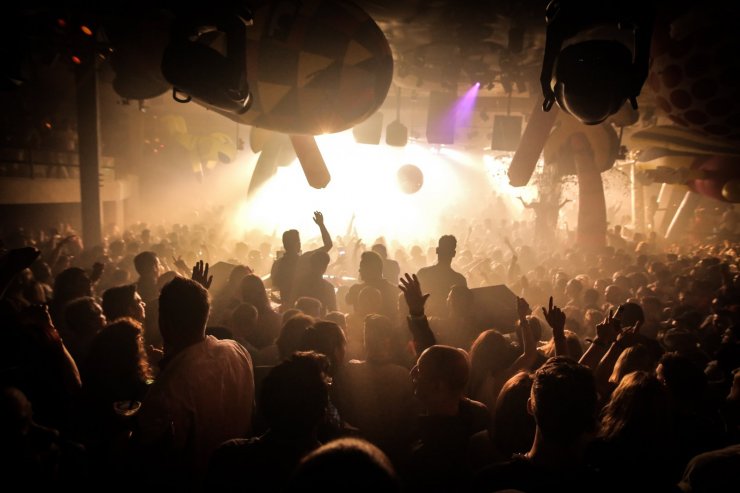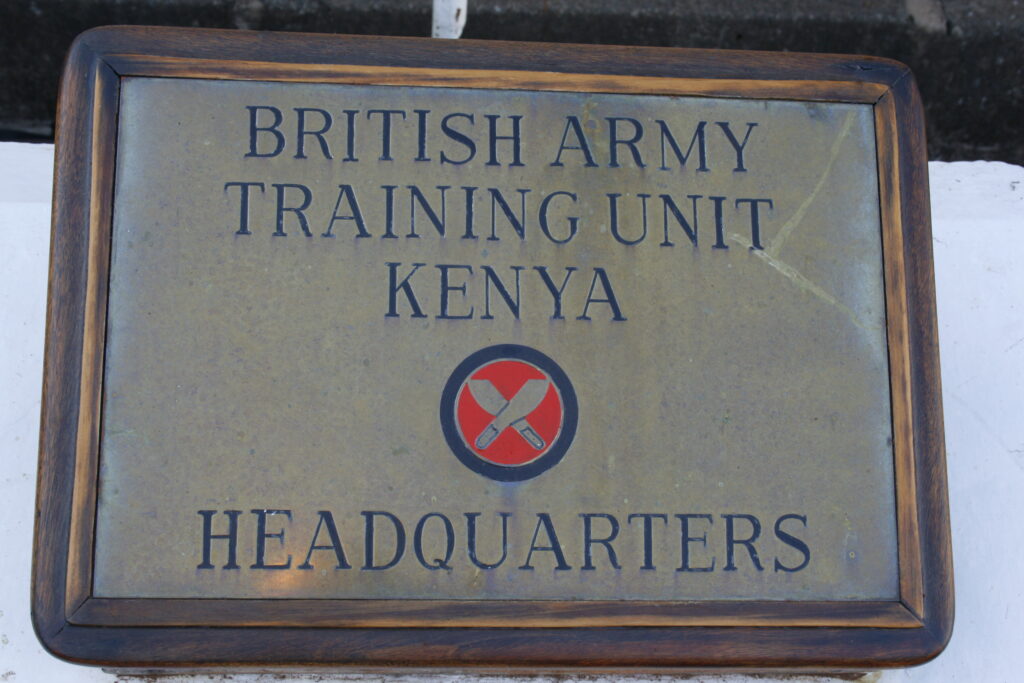Kenya’s entertainment and hospitality sector could soon face a costly shake-up if new music and audiovisual fees are approved. Hotels, clubs, music schools, bars, restaurants, gyms, supermarkets, and even DJs are among 16 types of businesses set to pay more to use copyrighted music.
The Performing and Audiovisual Rights Society of Kenya (PAVRISK) released its proposed consolidated music and audiovisual tariffs for 2026–2028 on Tuesday, August 12.
The changes introduce higher annual fees across multiple industries, sparking concerns from business owners already battling rising costs.
If implemented, these new tax proposals could hit both small businesses and major players in Kenya’s leisure, transport, and media sectors, making music use more expensive than ever before.

Inside Kenya’s New Tax Proposals
The proposals cover a wide range of businesses, from hospitality to retail and transport. PAVRISK argues that the increases are necessary to protect artists’ rights and ensure fair compensation for copyrighted work.
However, critics say the timing is poor, with the economy still recovering and many sectors struggling to stay afloat. The proposed hikes vary across industries but follow a clear pattern – if your business uses music, you will likely pay more.
Hotels, Clubs and Restaurants Face Steeper Costs
Hotels and clubs have been included among the top targets. Bars, restaurants, cafes, lounges, eateries, taverns, beer gardens, and road houses will see their annual fee rise from KSh9,000 to KSh10,000.
Music schools, previously outside this bracket, will now have to pay KSh20,000 annually for using copyrighted music.
The proposal also introduces fees for motels, camps, cottages, and furnished apartments. Smaller establishments would pay KSh200,000 per year, while the top tier would be charged up to KSh600,000.
DJs and Entertainment Professionals Impacted
One of the most controversial parts of the proposal targets mobile disc jockeys. Under the new tariffs, DJs will have to pay KSh20,000 annually to play copyrighted tracks.
For an industry already battling low event fees and seasonal demand, this could push many small DJs out of business. Stakeholders warn that higher costs could lead to fewer gigs and increased event prices for consumers.
Transport Sector Included in Music Tariff Changes
The new tax proposals go beyond entertainment venues. PAVRISK also plans to levy fees on vehicles that play copyrighted music.
Commercial trucks, trailers, and lorries would pay KSh4,000 per year. Passenger vehicles with 6 to 14 seats would be charged KSh5,500, while those with 15 to 33 seats would face a KSh8,000 fee. Vehicles with 34 seats or more would pay KSh12,000 annually.
Motorcycles and three-wheelers would also be affected, with tariffs set at KSh1,000 and KSh1,500 respectively.
Media Houses Could Pay Millions
The proposal hits national media outlets with some of the highest fees. A national television station would need to pay KSh600,000 annually to use copyrighted music.
National radio stations would face even steeper costs at KSh960,000 per year, making music licensing one of their major operational expenses.
Industry insiders warn that such fees could force smaller stations off air or push them toward royalty-free music, limiting diversity in Kenyan broadcasting.
Public Feedback and Next Steps
PAVRISK has opened the floor for public participation. Kenyans are invited to review the proposals and submit written comments either via email or directly to the society’s offices on Argwings Kodhek Road, Nairobi.
The public consultation period will determine whether the proposed tariffs are adjusted before being finalized for 2026–2028.
Business Concerns Over Economic Impact
While PAVRISK insists that the tariffs are meant to protect artists, business leaders fear they could hurt more than help. Higher costs could trigger price increases in hotels, restaurants, public transport, and media services.
Small businesses, already squeezed by taxes and operating costs, may struggle to absorb the new fees. Some may even stop playing music altogether to avoid paying the tariffs, which could dampen the customer experience in hospitality and entertainment venues.
Artists Welcome the Move but Call for Transparency
Some musicians and performers support the increases, saying they have waited too long for fair pay from commercial music use. However, they also demand transparency in how collected royalties are distributed.
Past disputes over royalty payments have left many artists skeptical about whether higher tariffs will actually benefit them. Without clear and timely payouts, the intended benefits of the new tax proposals could fail to materialize.
Conclusion
If the proposals pass without major revisions, they will reshape how businesses approach music licensing in Kenya. For the hospitality and entertainment sectors, this may mean adjusting budgets, rethinking music use, or passing costs to customers.
For artists, the new tariffs could bring better earnings—but only if the system for collecting and distributing royalties is improved.
The debate now shifts to whether Kenya can strike a balance between protecting creators and keeping businesses afloat in an already challenging economic climate.


